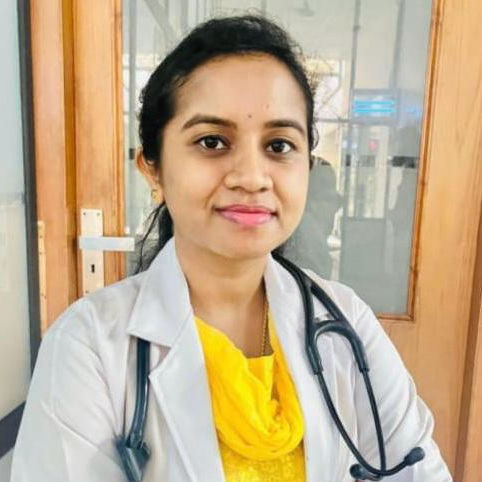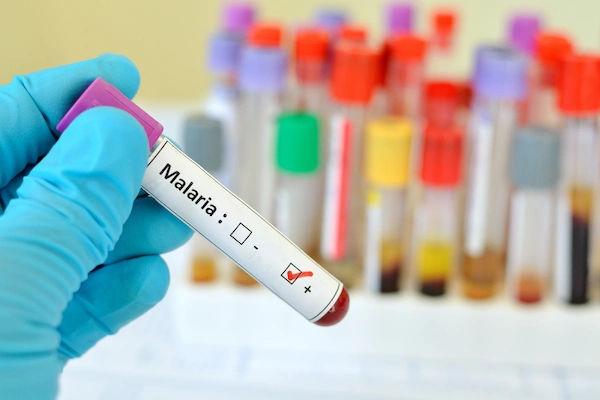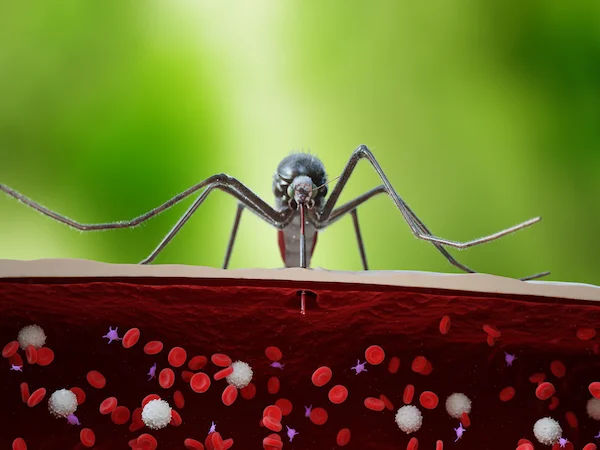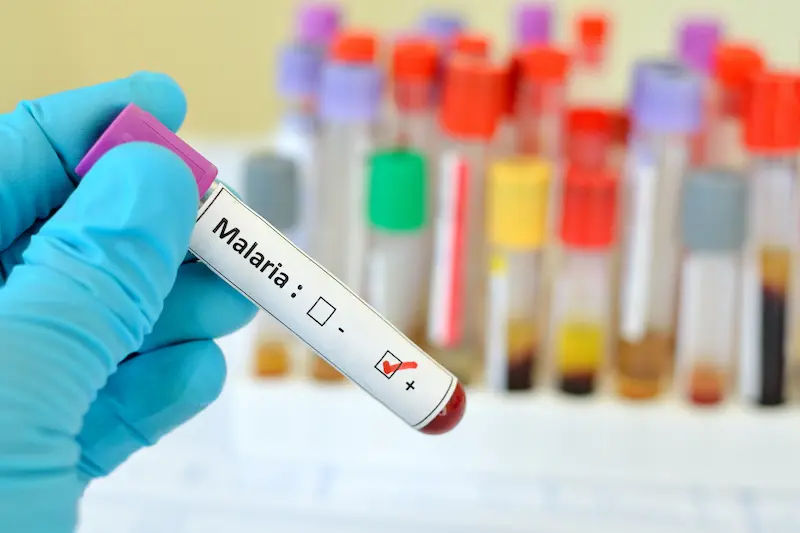10 Effective Methods to Prevent Malaria
Discover 10 effective ways to prevent malaria, from mosquito nets and repellents to medications and clean surroundings. Stay protected with these expert tips.

Written by Dr. M L Ezhilarasan
Reviewed by Dr. Dhankecha Mayank Dineshbhai MBBS
Last updated on 13th Jan, 2026

Malaria is a serious and sometimes life-threatening disease caused by parasites transmitted through the bites of infected female Anopheles mosquitoes. While malaria is preventable and treatable, it remains a major health concern in tropical and subtropical regions. If you live in or are traveling to an area where malaria is common, taking preventive measures is crucial.
Here are 10 effective methods to protect yourself and your loved ones from malaria.
1. Use Mosquito Nets
Sleeping under an insecticide-treated mosquito net (ITN) is one of the simplest and most effective ways to prevent malaria. These nets create a physical barrier and contain insecticides that kill or repel mosquitoes.
- Choose long-lasting insecticidal nets (LLINs) for better protection.
- Ensure the net is properly tucked under the mattress to prevent mosquitoes from entering.
2. Apply Insect Repellents
Using mosquito repellents on exposed skin can significantly reduce the risk of bites.
- DEET (20-50%), Picaridin, or Oil of Lemon Eucalyptus (OLE) are highly effective.
- Reapply as directed, especially after sweating or swimming.
- Avoid applying repellents on cuts or irritated skin.
3. Wear Protective Clothing
Covering your skin reduces mosquito bites.
- Wear long-sleeved shirts, long pants, and socks in the evenings and at night.
- Choose light-colored clothing, as mosquitoes are attracted to dark colors.
- Treat clothes with permethrin spray for extra protection.
4. Use Indoor Residual Spraying (IRS)
Indoor residual spraying involves applying insecticides to walls and surfaces where mosquitoes rest.
- This method kills mosquitoes before they can bite.
- If you live in a high-risk area, check if local health authorities offer IRS programs.
5. Eliminate Standing Water
Mosquitoes breed in stagnant water. Reducing breeding sites helps control their population.
- Regularly empty and clean water containers, flower pots, and gutters.
- Cover water storage tanks tightly.
- Use larvicides in ponds or water bodies that cannot be drained.
Consult a Top General Physician
6. Take Antimalarial Medications (Prophylaxis)
If traveling to a malaria-endemic area, consult a doctor for antimalarial prophylaxis.
- Common medications include doxycycline, atovaquone-proguanil, and mefloquine.
- Start taking the medication before, during, and after travel as prescribed.
- Do not skip doses, as this reduces effectiveness.
7. Keep Doors and Windows Screened
Installing mosquito screens on windows and doors prevents mosquitoes from entering homes.
- Use fine mesh screens to block even small mosquitoes.
- Repair any holes or gaps in existing screens.
8. Use Mosquito Coils and Vaporizers
Mosquito coils, electric vaporizers, and plug-in repellents can help reduce mosquito presence indoors.
- Place them near windows and doors.
- Ensure proper ventilation when using coils to avoid respiratory irritation.
9. Be Cautious During Peak Mosquito Hours
Anopheles mosquitoes are most active between dusk and dawn.
- Avoid outdoor activities during these times if possible.
- If you must be outside, use repellents and protective clothing.
10. Seek Early Diagnosis and Treatment
If you experience fever, chills, headache, or body aches after visiting a malaria-prone area, seek medical help immediately.
- Early diagnosis with a blood test ensures prompt treatment.
- Delaying treatment can lead to severe complications like organ failure.
When to See a Doctor?
If you suspect malaria, consult a healthcare provider without delay. Apollo 24|7 offers quick malaria testing and expert consultations—book an appointment online for fast and reliable care.
Conclusion
Malaria prevention is far better than treatment. By following these 10 methods, you can significantly reduce your risk. Stay informed, take precautions, and encourage others to do the same.
Stay safe and healthy!
Need a malaria test or expert advice? Book a consultation today on Apollo 24|7!
Consult a Top General Physician for More Health Benefits
Consult a Top General Physician for More Health Benefits

Dr. Rajib Ghose
General Physician/ Internal Medicine Specialist
25 Years • MBBS
East Midnapore
VIVEKANANDA SEBA SADAN, East Midnapore

Dr. Anindita Mondal
General Physician/ Internal Medicine Specialist
8 Years • MBBS
Kolkata
VDC Clinic, Kolkata

Dr Aakash Andgi
General Physician/ Internal Medicine Specialist
9 Years • MBBS MD
Bengaluru
Apollo Clinic, JP nagar, Bengaluru

Dr. Ishita Mandal
General Surgeon
7 Years • MBBS(hons.), MS(general surgery), General and laparoscopic surgeon
Kolkata
VDC Clinic, Kolkata

Dr. Ankitha
Internal Medicine Specialist Diabetologist
6 Years • MD INTERNAL MEDICINE
Bengaluru
Apollo Medical Center, Marathahalli, Bengaluru
(25+ Patients)
Consult a Top General Physician

Dr. Rajib Ghose
General Physician/ Internal Medicine Specialist
25 Years • MBBS
East Midnapore
VIVEKANANDA SEBA SADAN, East Midnapore

Dr. Anindita Mondal
General Physician/ Internal Medicine Specialist
8 Years • MBBS
Kolkata
VDC Clinic, Kolkata

Dr Aakash Andgi
General Physician/ Internal Medicine Specialist
9 Years • MBBS MD
Bengaluru
Apollo Clinic, JP nagar, Bengaluru

Dr. Ishita Mandal
General Surgeon
7 Years • MBBS(hons.), MS(general surgery), General and laparoscopic surgeon
Kolkata
VDC Clinic, Kolkata

Dr. Ankitha
Internal Medicine Specialist Diabetologist
6 Years • MD INTERNAL MEDICINE
Bengaluru
Apollo Medical Center, Marathahalli, Bengaluru
(25+ Patients)


.webp)

